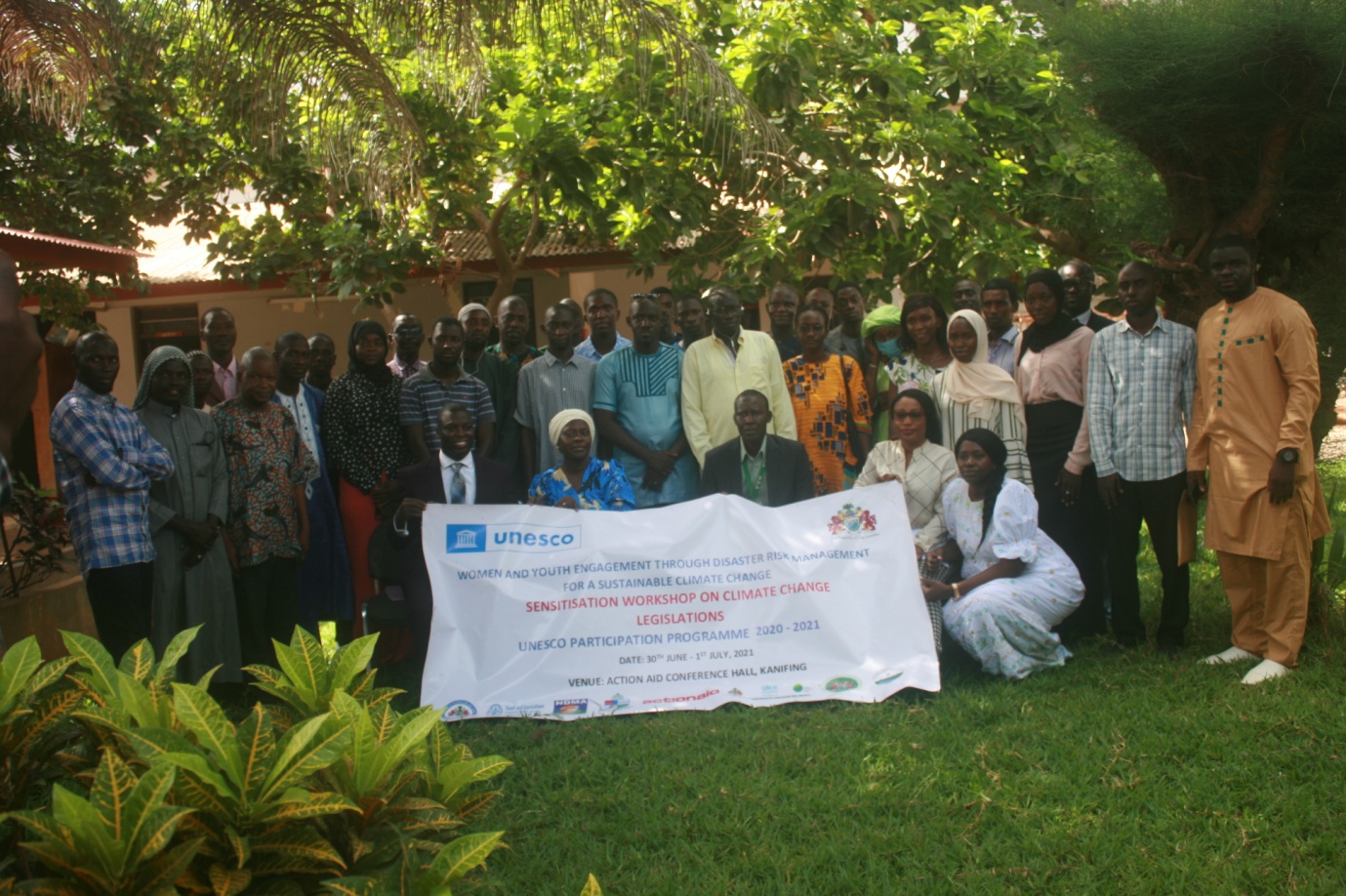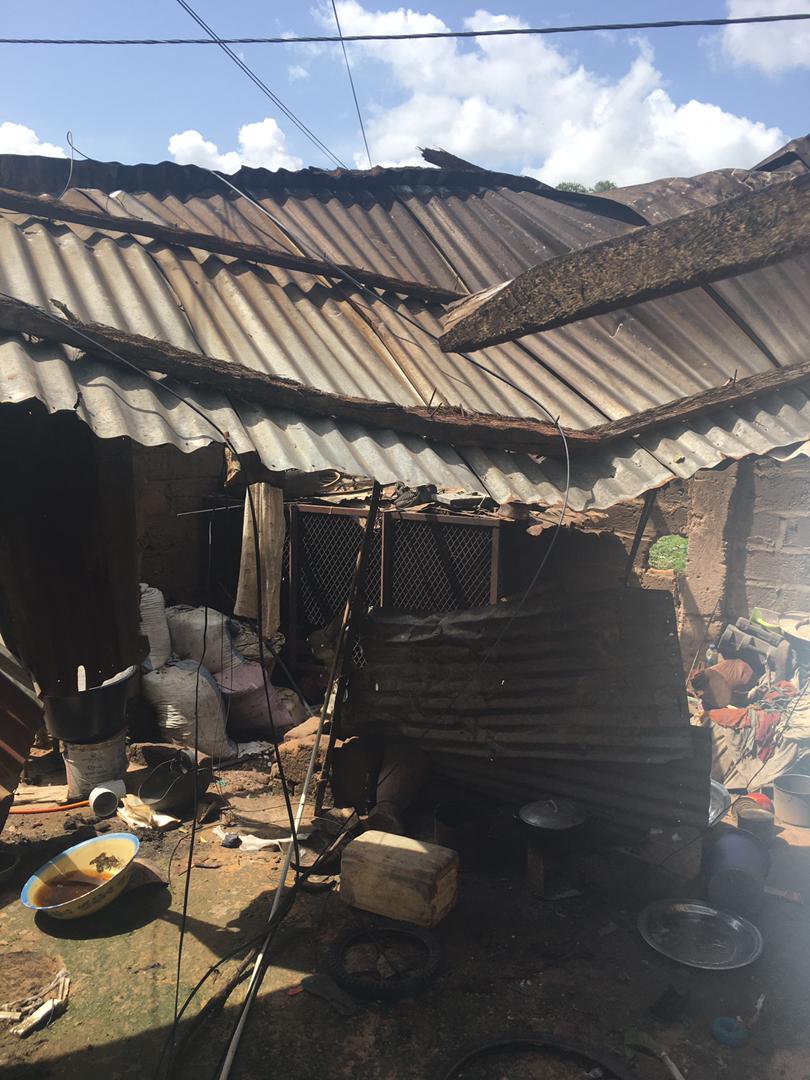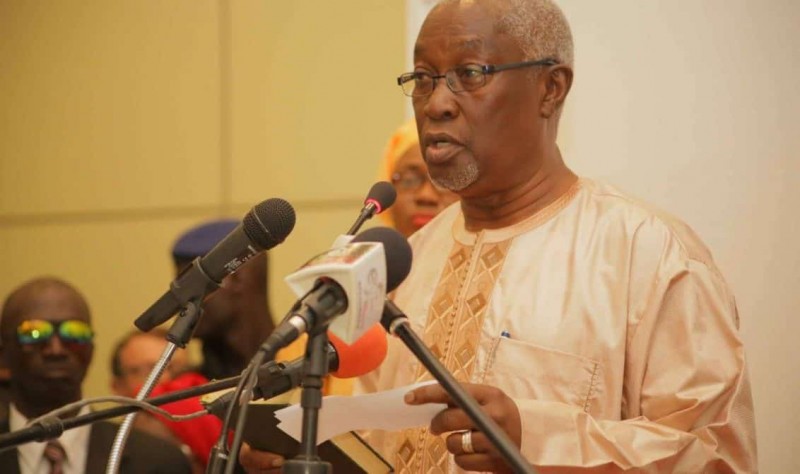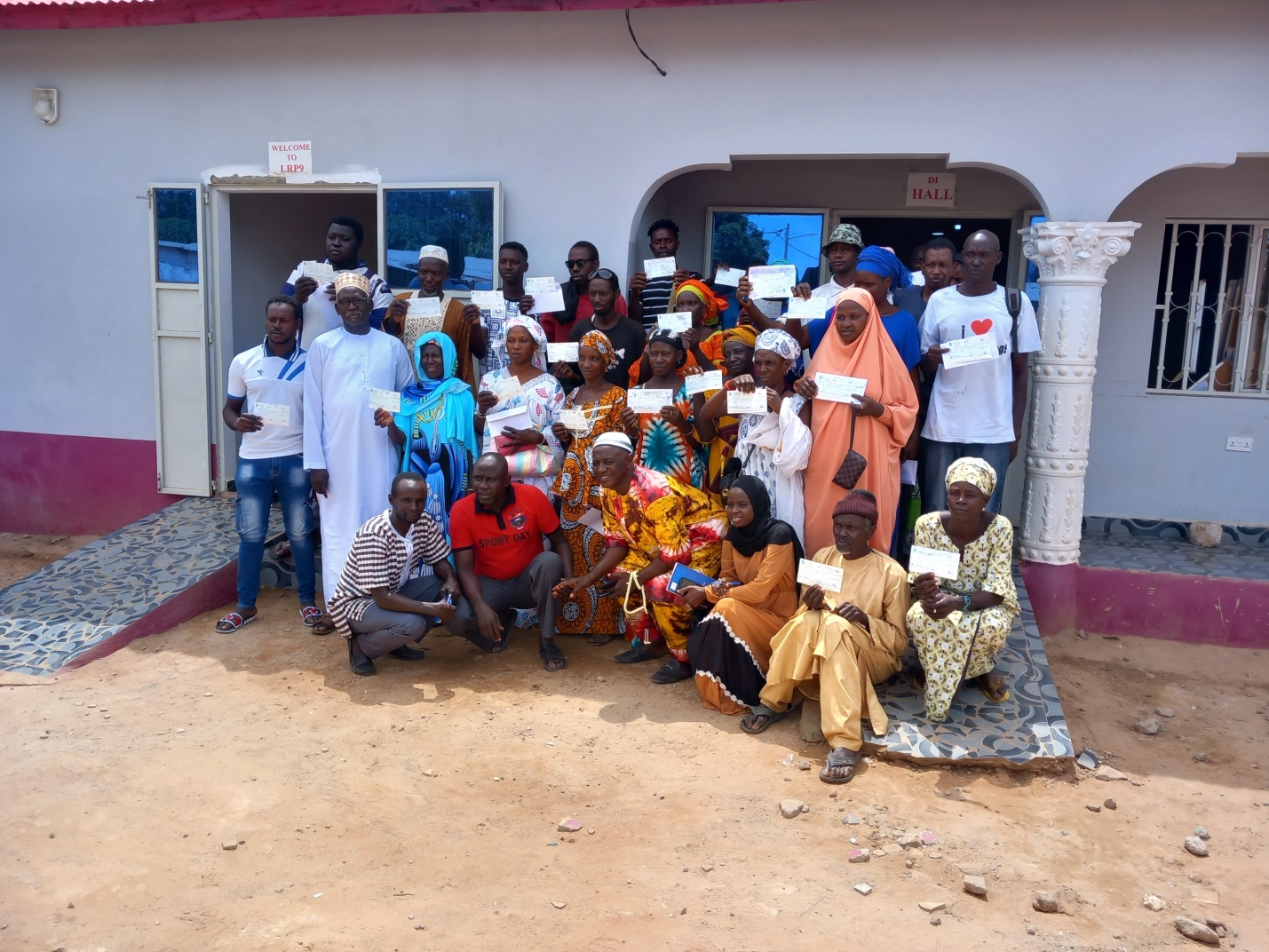By Mama A. Touray
National Commission for UNESCO – Gambia Thursday concluded a two-day sensitisation programme on climate change.
The sensitization forum was held at Action Aid international along MDI Road, Kanifing.
The forum brought together members of the National Assembly select committee on environment and senior officials of environment.
Speaking at the event Dr Dawda Badjie who represented the National Environment Agency disclosed that “the environment serves as a support system for both humans and other living things created by God on earth of which The Gambia is of no exception.
He condemned the act of littering from any one especially vehicle passengers and drivers saying in any vehicle being it passengers or drivers throw out litters from vehicle on the road or other public places causes an offence and is liable to pay a fine of not less than five thousand or ten thousand dalasi.
“Protecting the environment is a collective responsibility for all citizens from village, district, regional, National and international levels,” he said, while added that “the prominent environmental problems in the Gambia is inadequate waste management infrastructure, (collection and final disposal sites.”
Kawsu Barrow, monitoring evaluation officer for the National Disaster Management Agency said “Disaster is a serious disruption of the functioning of a community or a society causing widespread human, material, economic or environmental losses that exceed the ability of the affected community or society to cope using its own resources.”
He said the challenges faced by National Disaster Management Agency which the work is not being prioritized by the government and partners. most of the time give only lip services.
He expressed that early warning system is a set of capacities needed to generate and disseminate timely and meaningful warning information of the possible extreme events or disaster that threatens people’s lives.
“Community based early warning systems (CBEWS) seeks to help communities use local resources and capacities effectively to better prepare and respond to disasters and adopt measures to reduce their vulnerability.
“The aim of the sensitization is to engage women and youth in advocacy and raise their awareness on the importance and relevance of legislations/conventions on environmental protection as well as popularise the existing laws and policies governing the proper upkeep of our environment,” he said.
National Assembly member honourable Omar Ceesay said the select committee on environment is working hands in glove with the national environment agency and Action Aid international to sensitize the youths, women, and the general public on littering and climate change.”
“The way the environment is destroyed by the educated elites in today’s generation is not destroyed by the older generation like that,” he said.




